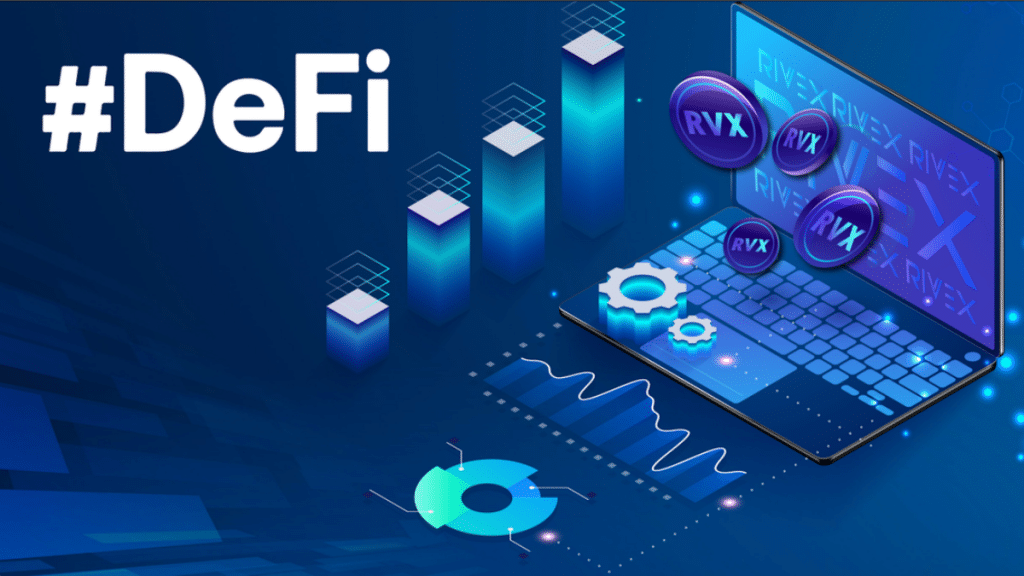In today’s rapidly evolving digital landscape, the concept of decentralized currency has emerged as a powerful tool for enhancing financial freedom. With its foundation in blockchain technology, decentralized currency offers a unique approach to financial transactions that is independent of traditional banking systems. This article explores how decentralized currency contributes to financial empowerment, its benefits, challenges, and the future it holds in the global financial ecosystem.
Enhancing Financial Freedom Through Decentralized Currency
Independence from Central Authorities
One of the primary ways decentralized currency enhances financial freedom is by eliminating the need for central authorities. In traditional financial systems, governments and banks have significant control over money supply, interest rates, and transaction regulations. This control can lead to inflation, devaluation, and restrictions on how individuals manage their finances. Decentralized currency, on the other hand, operates on a peer-to-peer network, allowing individuals to transact freely without government interference.
Global Accessibility and Inclusion
Decentralized currency has the potential to bring financial services to underserved populations around the world. In many developing countries, access to banking services is limited, leaving millions without the ability to save, invest, or transfer money. Decentralized currency can bridge this gap by providing a borderless, accessible financial system that anyone with an internet connection can participate in. This inclusivity empowers individuals in remote areas to engage in the global economy, enhancing their financial independence. You can also explore Eralmonum App for further information.
Lower Transaction Costs and Faster Transfers
Traditional financial systems often involve intermediaries, such as banks and payment processors, which can lead to high transaction fees and delays in processing. Decentralized currency eliminates the need for these intermediaries, resulting in lower transaction costs and faster transfers. This is particularly beneficial for cross-border transactions, where fees and delays can be significant in traditional systems. By reducing these barriers, decentralized currency facilitates smoother and more cost-effective transactions, contributing to greater financial freedom.
Privacy and Security
Privacy is a growing concern in the digital age, especially when it comes to financial transactions. Traditional financial systems require users to share personal information with banks and payment processors, which can be vulnerable to data breaches and misuse. Decentralized currency offers a higher level of privacy, as transactions are pseudonymous and do not require the disclosure of personal information. Additionally, the security of decentralized currency is bolstered by blockchain technology, which makes it highly resistant to fraud and hacking.
Challenges in Achieving Financial Freedom with Decentralized Currency
Volatility and Market Fluctuations
While decentralized currency offers many benefits, it is not without its challenges. One of the most significant challenges is the volatility of decentralized currency values. Unlike traditional currencies, which are relatively stable, decentralized currency prices can fluctuate dramatically in short periods. This volatility can make it difficult for individuals to use decentralized currency as a stable store of value or medium of exchange, potentially limiting its effectiveness in promoting financial freedom.
Regulatory Uncertainty
As decentralized currency continues to gain popularity, governments and regulatory bodies around the world are grappling with how to regulate it. The lack of a clear regulatory framework can create uncertainty for users and investors, as they may face legal challenges or restrictions in certain jurisdictions. While some governments have embraced decentralized currency, others have taken a more cautious approach, limiting its use or banning it altogether. This regulatory uncertainty can hinder the widespread adoption of decentralized currency and its potential to enhance financial freedom.
Technical Barriers
The adoption of decentralized currency also faces technical barriers, particularly for individuals who are not familiar with digital technology. Using decentralized currency often requires knowledge of digital wallets, private keys, and blockchain technology, which can be intimidating for those who are not tech-savvy. Additionally, the security of decentralized currency is heavily dependent on the user’s ability to protect their private keys, as losing access to them can result in the permanent loss of funds. Overcoming these technical barriers is essential for the broader adoption of decentralized currency and its role in enhancing financial freedom.
The Future of Decentralized Currency and Financial Freedom
The future of decentralized currency is promising, with the potential to revolutionize the global financial system and enhance financial freedom for individuals around the world. As technology continues to evolve, it is likely that decentralized currency will become more accessible, stable, and user-friendly, addressing many of the challenges it currently faces. Furthermore, as governments and regulatory bodies develop clearer frameworks for decentralized currency, its adoption is expected to grow, providing individuals with greater control over their finances.
Decentralized currency represents a significant step forward in the quest for financial freedom. By eliminating the need for central authorities, providing global accessibility, reducing transaction costs, and offering enhanced privacy and security, decentralized currency has the potential to empower individuals and transform the way we think about money. While challenges remain, the future of decentralized currency is bright, and its role in enhancing financial freedom is undeniable.
Conclusion
Decentralized currency offers a transformative approach to financial freedom by providing independence from central authorities, global accessibility, and lower transaction costs. While challenges such as volatility, regulatory uncertainty, and technical barriers exist, the potential benefits of decentralized currency in empowering individuals and enhancing financial independence are substantial. As the world continues to embrace digital innovation, decentralized currency is poised to play a crucial role in shaping the future of global finance.
